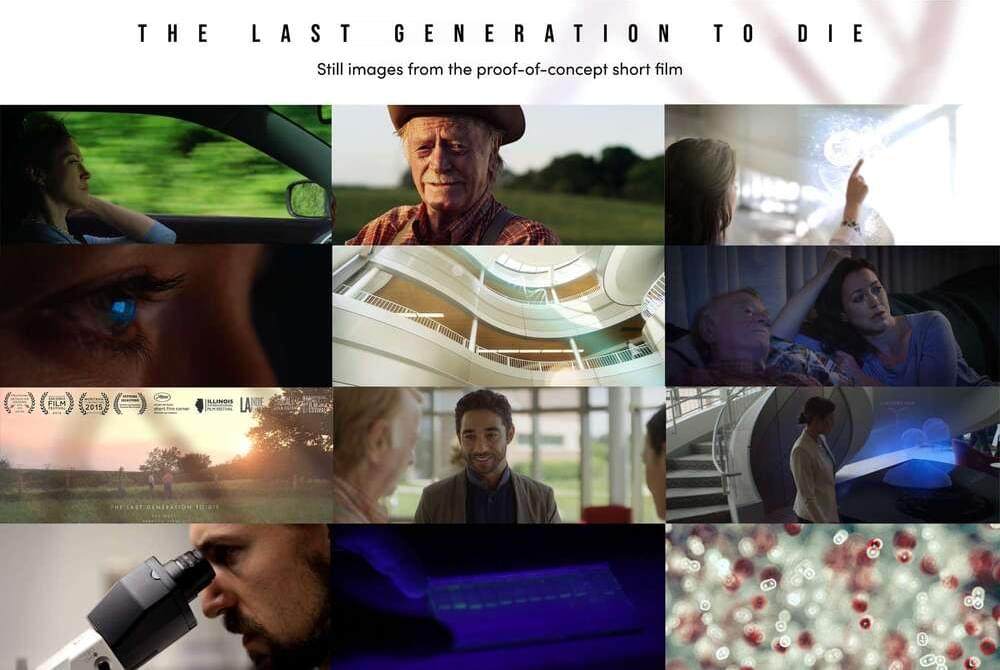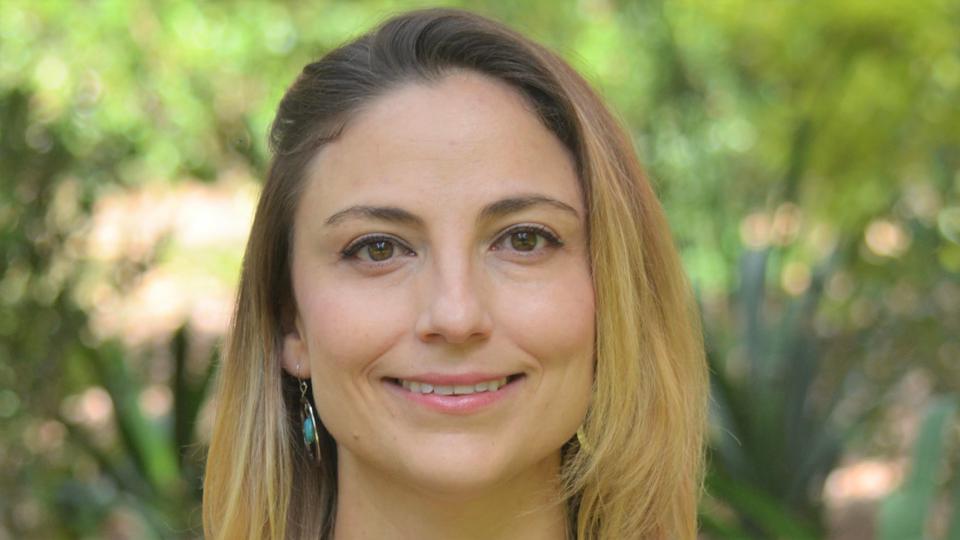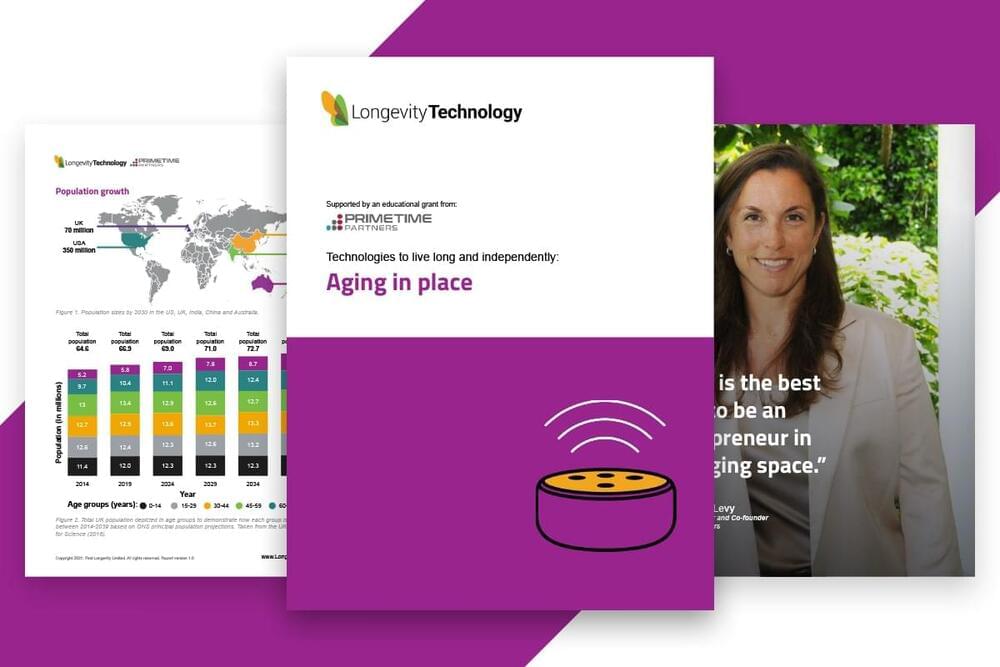Due to last years success, I am back with an updated list of my 5 most promising anti-aging compounds.
There are more than 200 different geroprotective compounds. Some of these are already available as supplements, some are in clinical trials and some have FDA approval. Which are my top 5 that I think i most promising in terms of their anti-aging effects (so focusing more on healthspan than lifespan). And note the use of “promising” — there is still much work to be done to better investigate the long-term safety, dose and timings of different supplements which you should always bear in mind.
Anyway, I made this video more for a bit of fun and to make a longer summary video to pull ideas together from multiple previous videos with some new info too! So hope you like it! And disclaimer — this is not recommendation or health advise — i am not a medical doctor!!
Do my top 5 match yours?
Find me on Twitter — https://twitter.com/EleanorSheekey.
I have Patreon — https://www.patreon.com/TheSheekeyScienceShow.




